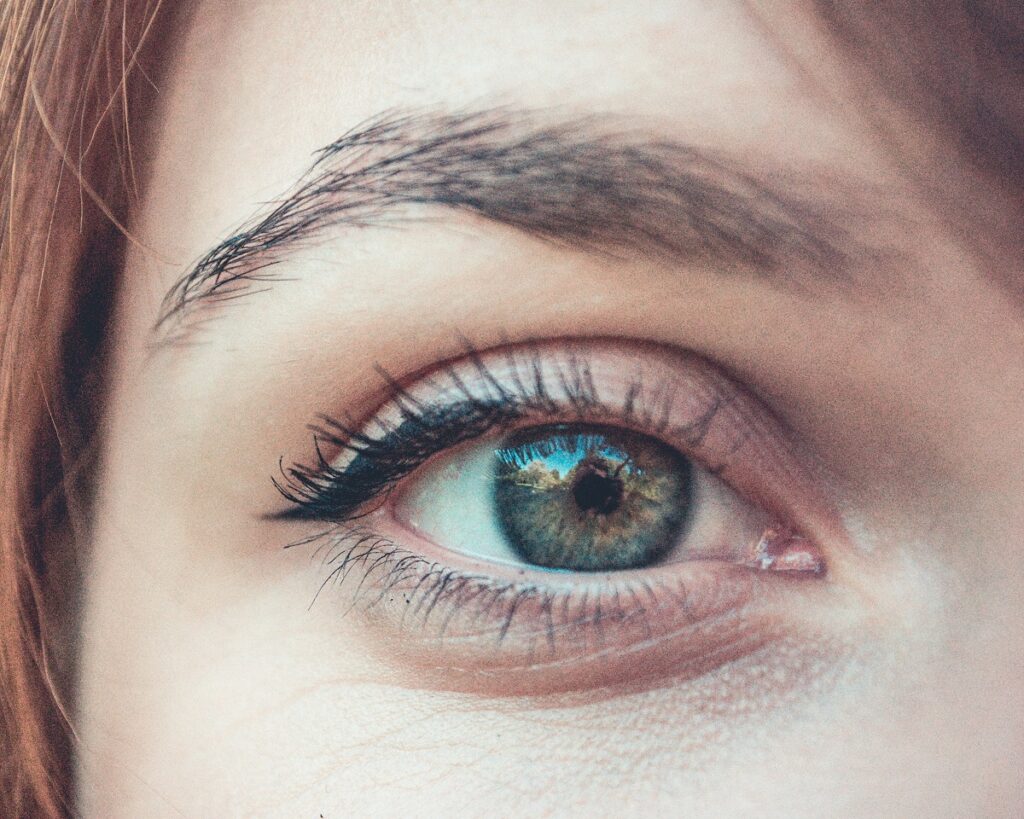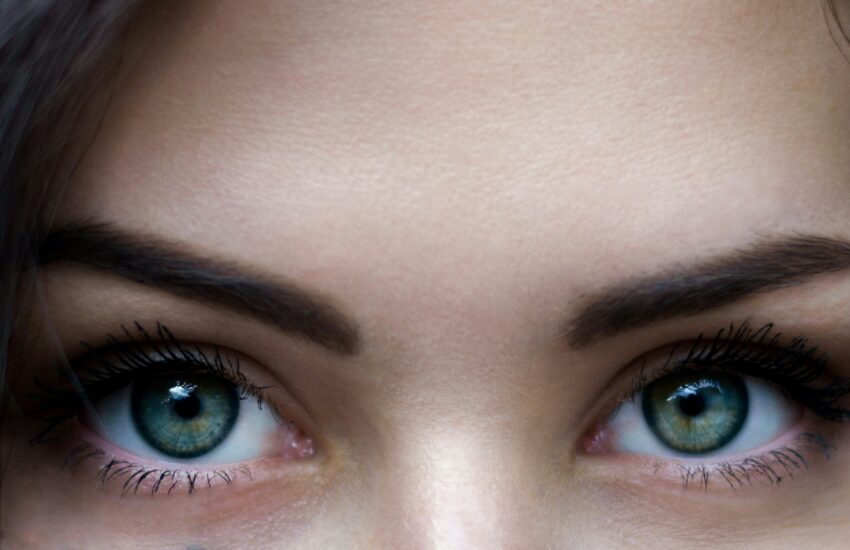Winter brings with it a series of challenges for maintaining eye health. While we often focus on protecting our skin from the harsh winter elements, our eyes are equally vulnerable to environmental changes during the colder months. From dry indoor air to exposure to snow glare, winter conditions can negatively impact the health of our eyes. In fact, the cold weather, low humidity, and limited sunlight can lead to a variety of eye-related problems, including dry eyes, irritation, redness, and blurred vision. Mohit Tandon from Houston suggested some Eye Care Tips in Winter Season.
Understanding how to care for your eyes during the winter months is crucial to avoid discomfort and long-term damage. This article will cover a comprehensive range of tips and strategies to protect and maintain healthy eyes in the winter. From lifestyle changes to protective gear and proper nutrition, we will explore all the ways you can keep your eyes safe and comfortable in the colder months.
1. Understanding Winter’s Impact on Eye Health
Winter can have a significant effect on your eyes due to a combination of environmental factors. The cold weather and reduced humidity in many regions contribute to dry eye symptoms, while wintertime outdoor activities, such as skiing and snowboarding, can increase the risk of eye injuries. Additionally, the glare from snow and ice can strain the eyes, especially when the sun is low in the sky, causing discomfort and potential vision issues.
1.1 Dry Eyes and Dehydration
Cold air is typically dry, and indoor heating systems further reduce humidity levels, leading to dryness in the eyes. This can cause irritation, redness, and discomfort. Without sufficient moisture, the tear film on the surface of the eye becomes unstable, leading to symptoms of dry eye. – Mohit Tandon Houston
1.2 Snow Glare and UV Exposure
When snow reflects sunlight, it can intensify the ultraviolet (UV) rays that reach your eyes. Prolonged exposure to UV rays, even in winter, can damage the cornea and retina, increasing the risk of cataracts and macular degeneration over time.
1.3 Risk of Eye Injuries
During winter sports or outdoor activities, the risk of eye injuries increases. Cold winds, debris, and snowflakes can irritate the eyes, and a lack of protective eyewear increases the chance of physical trauma to the eye.
2. Tips for Preventing Dry Eyes in Winter
One of the most common complaints during winter is dry eyes. Dryness occurs when the eyes do not produce enough tears, or the tears evaporate too quickly. To prevent and manage dry eyes in winter, here are several important tips:
2.1 Use a Humidifier
Using a humidifier indoors can help maintain moisture in the air and prevent the eyes from becoming dry. This is particularly useful if you live in an area with very cold winters or use heating systems that dry out the air.
2.2 Stay Hydrated
Winter air can dehydrate the body, including the eyes. Drinking enough water throughout the day helps maintain the moisture balance in your eyes. Aim for at least eight glasses of water a day to keep your body and eyes hydrated.
2.3 Wear Protective Eyewear
When venturing outdoors in windy or cold conditions, wear sunglasses or ski goggles to protect your eyes from the elements. Protective eyewear will shield your eyes from drying winds and prevent the formation of tears that evaporate too quickly.
2.4 Regular Use of Artificial Tears
Artificial tears, or lubricating eye drops, can be used to hydrate the eyes and reduce irritation caused by dry conditions. Opt for preservative-free drops if you need to use them frequently.
2.5 Take Regular Breaks from Screens
During the winter months, people tend to spend more time indoors, which often means increased screen time. The blue light emitted by screens can contribute to dry eyes. Remember to follow the 20-20-20 rule: every 20 minutes, take a 20-second break and look at something 20 feet away.
3. Protecting Your Eyes from UV Rays in Winter
While we often associate sun protection with summer, UV rays can still damage the eyes during winter. Snow and ice can reflect UV radiation, increasing exposure to harmful rays. Protecting your eyes from UV rays is just as important in winter as it is in the warmer months.
3.1 Wear Sunglasses with UV Protection
Make sure to wear sunglasses that block 100% of UVA and UVB rays. Polarized lenses can also help reduce glare from snow and water, providing clearer vision and reducing eye strain.
3.2 Use Ski Goggles for Winter Sports
If you participate in winter sports like skiing, snowboarding, or snowshoeing, wearing goggles with UV protection is essential. Ski goggles protect your eyes from wind, snow, and UV radiation, ensuring maximum comfort and protection during outdoor activities.
3.3 Choose a Hat or Helmet with a Brim
A wide-brimmed hat or helmet with a built-in visor can provide additional shade for your eyes, especially when the sun is low on the horizon. This can help reduce glare and protect your eyes from direct sunlight.
3.4 Avoid Direct Sun Exposure
Even in winter, try to limit your exposure to direct sunlight, particularly during midday when UV rays are strongest. If you’re spending a long time outdoors, seek shade when possible to reduce UV exposure.

4. Managing Eye Irritation and Redness in Winter
Eye irritation and redness can be common during winter, especially when exposed to cold air, wind, or dry indoor environments. Here are some strategies for managing irritation and keeping your eyes comfortable:
4.1 Avoid Rubbing Your Eyes
Rubbing your eyes can make irritation worse, as it spreads allergens and irritants across the surface of your eyes. If your eyes feel itchy or irritated, try using lubricating eye drops instead.
4.2 Clean Your Eyes Gently
Use a gentle, fragrance-free eye wash or saline solution to rinse your eyes if they feel dry or irritated. Avoid using harsh soaps or chemicals near your eyes, as these can cause further irritation.
4.3 Apply Warm Compresses
A warm compress can help relieve eye irritation caused by dryness. Gently place a warm, damp cloth over your closed eyelids for several minutes to soothe inflammation and increase tear production.
4.4 Use Anti-Redness Eye Drops
If your eyes are excessively red, you can use over-the-counter anti-redness eye drops to reduce inflammation. However, these should be used sparingly and under the guidance of an eye care professional.
5. Nutrition for Healthy Eyes in Winter
What you eat plays a significant role in the health of your eyes, especially during the winter months. Including nutrient-rich foods that promote eye health can help protect your vision against the harsh winter environment.
5.1 Eat Foods Rich in Vitamin A
Vitamin A is essential for maintaining healthy vision and preventing dry eyes. Foods rich in vitamin A, such as carrots, sweet potatoes, spinach, and kale, can help keep your eyes well-nourished during the colder months.
5.2 Include Omega-3 Fatty Acids
Omega-3 fatty acids, found in fatty fish like salmon and mackerel, can help reduce inflammation and support the health of the retina. Including omega-3s in your diet can help protect your eyes from dryness and irritation.
5.3 Consume Antioxidant-Rich Foods
Antioxidants such as vitamin C, vitamin E, and lutein protect the eyes from oxidative stress and UV damage. Include foods like oranges, berries, nuts, seeds, and leafy greens in your diet to support eye health.
5.4 Stay Hydrated with Herbal Teas
Herbal teas such as chamomile or green tea not only provide hydration but also contain antioxidants that support eye health. Drinking these teas can help combat the drying effects of winter air on your eyes. – Eye Care Tips in Winter Season : Mohit Tandon Houston
6. Eye Care for Specific Conditions in Winter
Some individuals may experience unique challenges in maintaining eye health during the winter due to pre-existing conditions such as allergies, contact lens wear, or underlying eye conditions like glaucoma or cataracts. Here’s how to tailor your eye care routine to address these specific concerns:
6.1 Eye Care for People with Allergies
Winter can bring seasonal allergies that affect the eyes, causing itching, watering, and redness. Using antihistamine eye drops and avoiding allergens such as dust or pet dander can help alleviate symptoms.
6.2 Tips for Contact Lens Wearers
Cold air and dry indoor environments can make wearing contact lenses uncomfortable. Make sure to use moisturizing contact lens drops, and consider switching to daily disposables to reduce the risk of dryness and irritation.
6.3 Managing Glaucoma in Winter
For individuals with glaucoma, it’s important to continue regular medication use and avoid extreme temperature changes, which can affect intraocular pressure. Always consult with your eye doctor for specific winter care recommendations. – Mohit Tandon Houston
6.4 Cataract Care in Cold Weather
If you have cataracts, bright winter sunlight and glare from snow can cause discomfort. Wear sunglasses with UV protection to reduce glare and protect your eyes from further damage.
Conclusion: Maintaining Optimal Eye Health in Winter
Winter weather may present unique challenges for maintaining eye health, but with the right care and precautions, you can ensure your eyes remain comfortable and protected during the colder months. By using protective eyewear, staying hydrated, incorporating eye-healthy foods into your diet, and practicing good habits, you can safeguard your vision against winter’s harsh effects. Remember, eye health is an ongoing journey, and taking proactive steps now can help you maintain clear, comfortable vision year-round.
